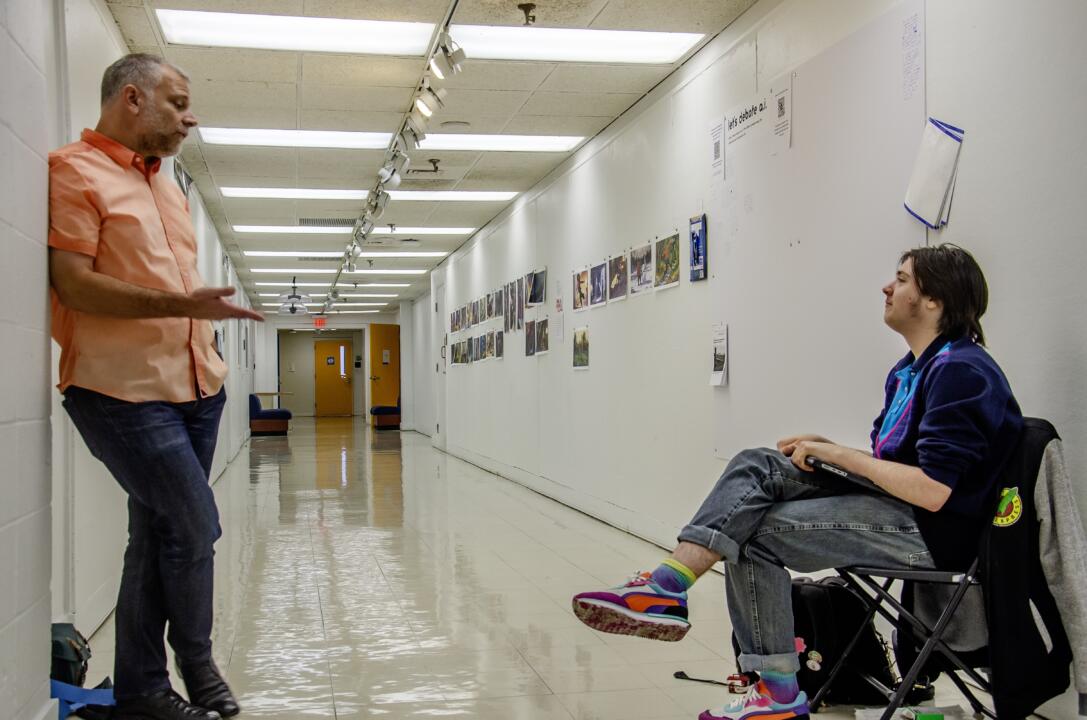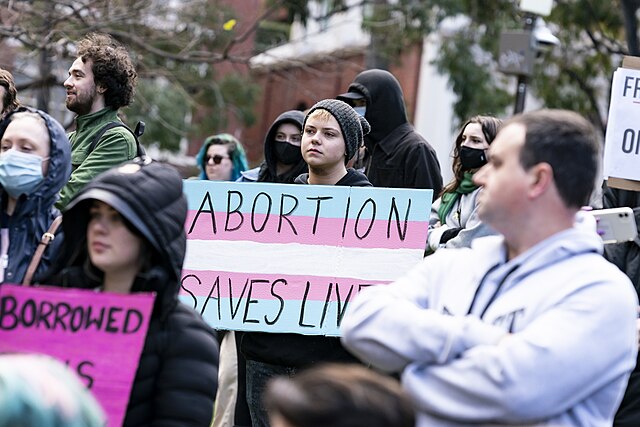UMBC’s first Rhodes Scholar, Naomi Mburu, attended the State of the Union Address as a guest to Maryland Democratic Senator Ben Cardin on January 30.
The State of the Union Address is an annual event in which the President of the United States presents a report on the nation’s economy and infrastructure in front of a joint session of Congress at the chamber of the United States House of Representatives. The hour-and-a-half-long event featured a two-part speech delivered by President Donald Trump, in which he outlined his legislative agenda on tax reform, immigration and foreign policy, among other current issues.
The president’s highly controversial stance on these issues in the past led some congressmen to make a statement by inviting guests that reflect these issues. Among them included DACA recipients, DREAMers, sexual assault survivors and minorities of outstanding academic excellence. United States Senator Ben Cardin, a champion of immigration reform and diversity in STEM chose Mburu to attend the address.
In a statement, Cardin was quoted saying, “I am proud to bring this exceptional daughter of immigrants to our nation’s capital for this special event. Ms. Mburu personifies the diverse future of this country and what can be achieved through hard work, dedication and a passion for science, technology, engineering and math.”
Mburu, daughter of Kenyan immigrants, is a senior chemical engineering major who has spent her years at UMBC involved in several student research projects and organizations. As a Meyerhoff and MARC U*STAR Scholar, she has dedicated herself to promoting STEM education and to increasing diversity in STEM fields. She currently stands as the Region II Vice Chairperson for the National Black Society of Engineers, and she plans to attend the University of Oxford in Fall of 2018 as a recipient of the prestigious Rhodes scholarship, where she hopes to work on nuclear fusion technology.
In response to remarks about the importance of diversity in STEM, Mburu said that being a “scientist, woman and person of color” highly influences the way she navigates the world of engineering, which is in part why she finds the minority perspective in STEM so valuable.
While chatting with other guests and Senate members during the pre-address dinner, Mburu admitted to feeling overwhelmed by “so much power in the room,” but added that many were impressed by her accomplishments as well.
“When I would talk to [the other lawmakers] about my research, they wouldn’t expect to hear that I was an engineer,” Mburu said. “And they are all a very homogeneous group … all white … [all] policymakers … with no background in the sciences.”
With Trump’s speech at the center of many polarizing issues, Mburu found it “progressive” for the president to stress that both parties work together to achieve the future goals of the nation.
When asked if she thought one of these goals would include increased attention to STEM-focused funding and research, Mburu said that she “hopes” for it to be a priority, but “does not see it happening.”
She said that, in general, it is more difficult for scientists to communicate their ideas to the public in order to show the need for their research, and that like the several lawmakers she met, very few are adequately informed about the importance of science and engineering.
“It is easy for scientists to live in their own bubble,” Mburu said. “Communication and articulating [your] ideas are not tested or taught in schools. It’s not in our school curriculum. And most people only think that if they get a STEM degree, they can only pursue a career as a scientist or engineer, instead of a member on the board of policies involving STEM,” she added. With these underlying issues, the question then becomes, “how do you make science sound useful to the general public?”
Mburu further added that “until the gap between STEM and the real world is bridged,” it will be hard for the two worlds to work together to create new solutions. However, she continues to remain hopeful and that in doing her part to bridge the divide, others will too.


